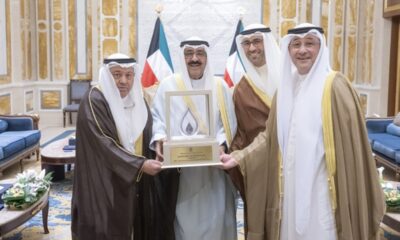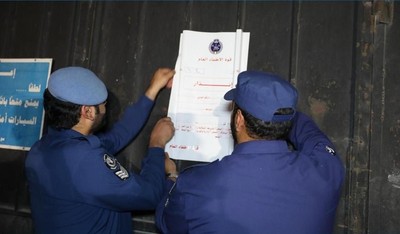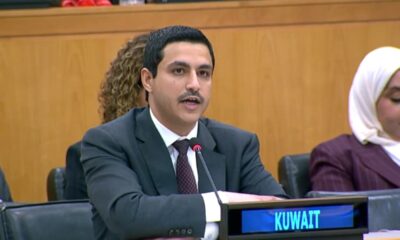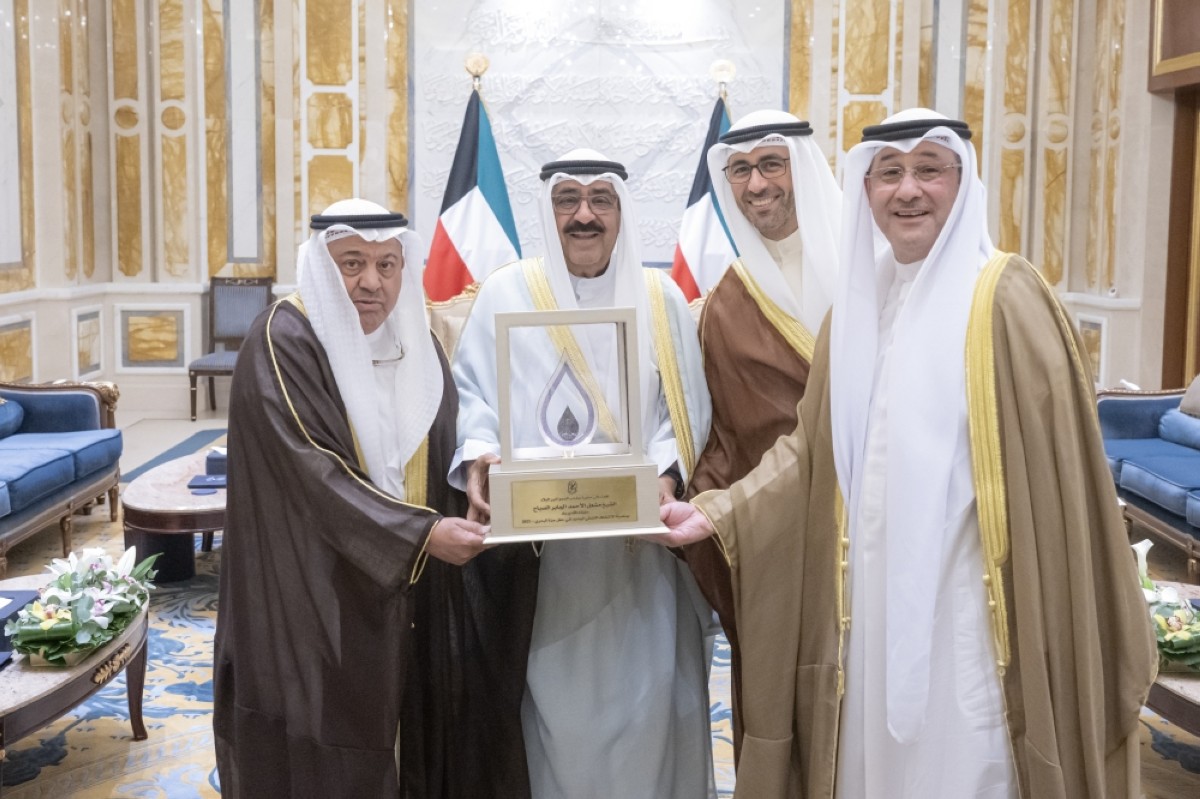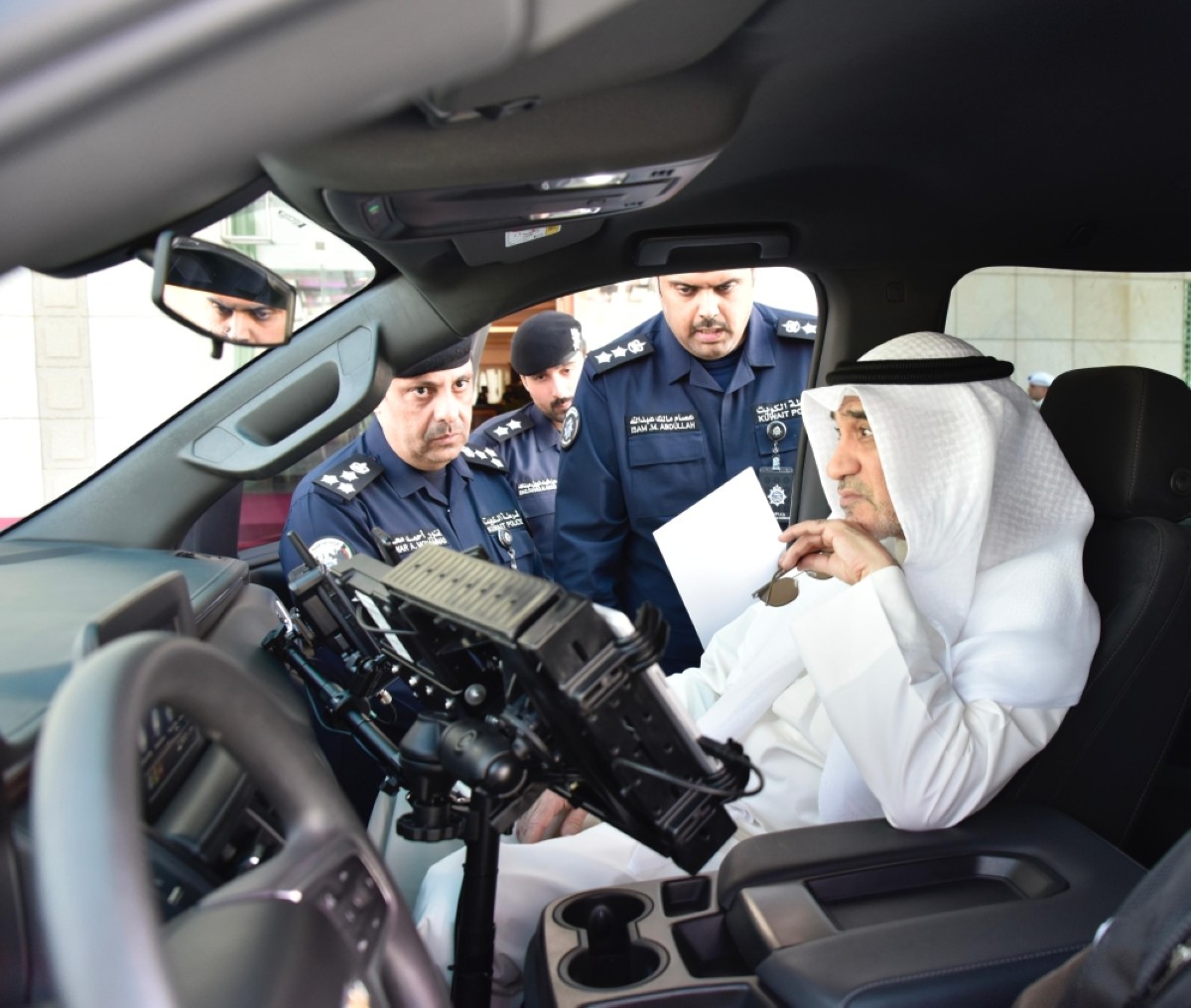Latest News
‘Donating is the least we can do’: Kuwait steps up for Gaza
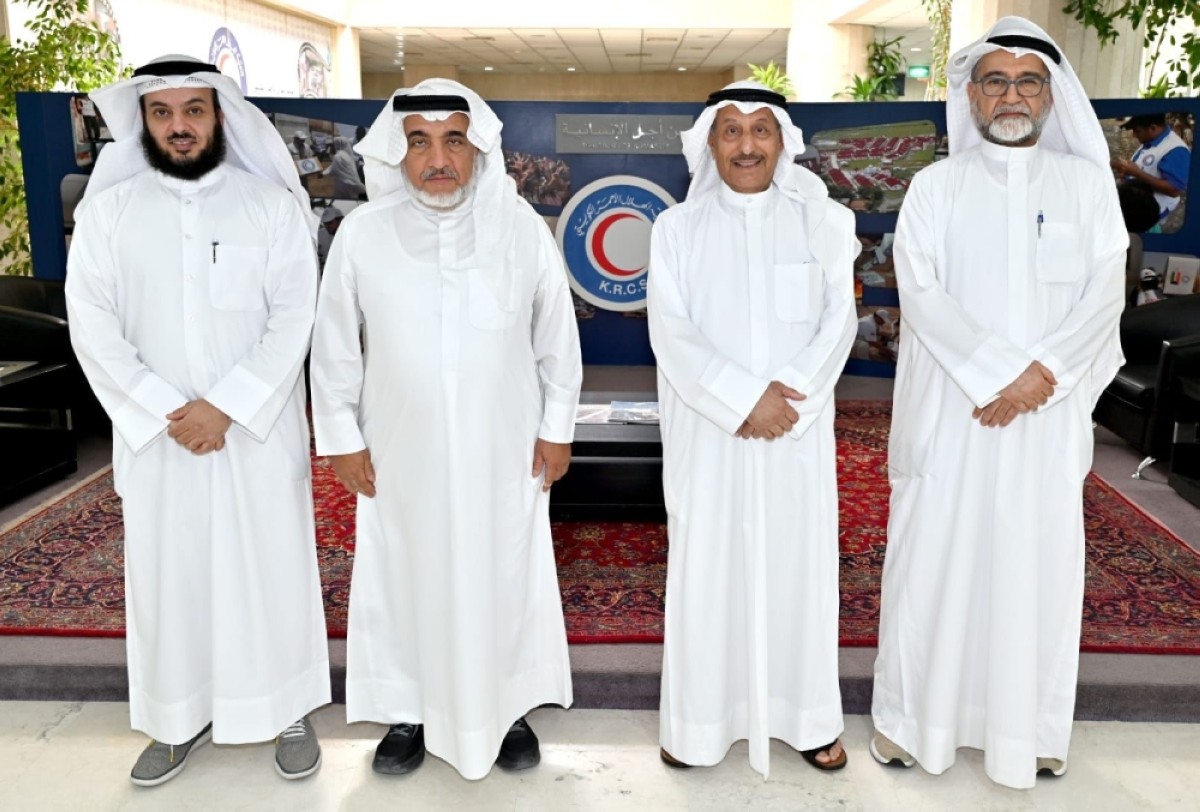
Latest News
Kuwait strikes major gas find
Latest News
MoI reviews smart security patrol
Latest News
Ministry launches electronic system to enhance radiation control at customs
-

 Politics17 hours ago
Politics17 hours agoNo Punishment Without Evidence, Acquits Man In Sorcery Case
-

 Politics16 hours ago
Politics16 hours agoHearing put off in wife murder case
-

 Business17 hours ago
Business17 hours agoCompanies and funds can own real estate in Kuwait under strict controls
-

 Latest News10 hours ago
Latest News10 hours agoSpain marks National Day, highlights strong relations with Kuwait
-

 Latest News17 hours ago
Latest News17 hours agoKuwait underscores the need for stronger Arab cooperation in statistics
-

 Politics14 hours ago
Politics14 hours ago61-Year-Old Arab Expat Found Dead Inside Workplace
-

 Politics12 hours ago
Politics12 hours agoSix Asians Arrested in Abdali for Running a Liquor Factory in the Desert
-

 Business15 hours ago
Business15 hours agoCAPT sets Oct 27 for price talks on Jaber Al-Ahmad entrances project

